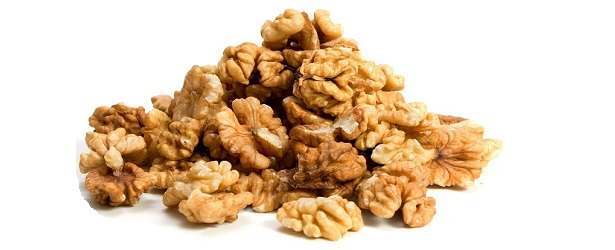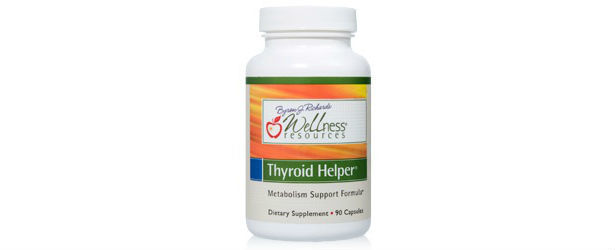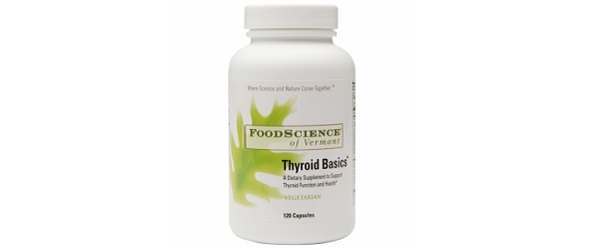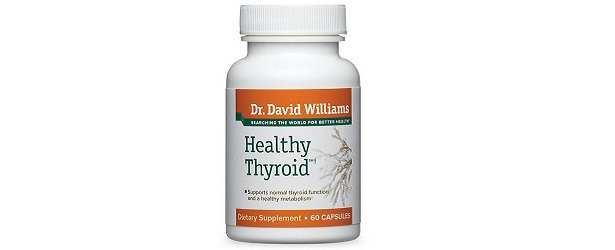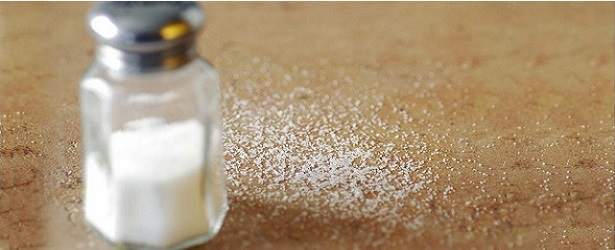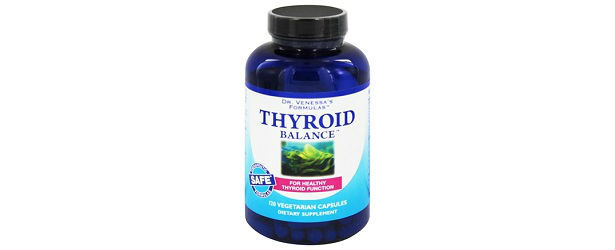
Treating Goiter with Beets
Beetroot belongs to the family of plants which also contains quinoa, spinach and Swiss chard. Beet contains various compounds in it, which are very beneficial for the human health. One of such compounds is phytonutrient, which has anti-inflammatory and anti-oxidant qualities. These attributes make them effective for shrinking the enlarged thyroid, also known as a goiter. Such compounds are present not only in the root of beet but also its green part. Always see a physician when you notice that you are developing a neck swelling, especially in front of the neck.
 Causative Agents for Goiter
Causative Agents for Goiter
Basically, the thyroid is a gland which is butterfly in shape and located a little below our Adam’s apple in front of our neck. Just like other glands in our body, the thyroid is highly sensitive to dietary deficiencies, toxins and changes in the environment. Almost any issue with our thyroid gland can lead to its swelling or inflammation which results in the formation of a goiter. The goiter signifies some kind of imbalance but it is not virtually an indication of thyroid dysfunction or disease.
According to various researches, frequent causes of goiter include hypothalamic or pituitary dysfunction, hormone imbalance, cancer, radiation exposure, iodine deficiency and autoimmune ailments like Hashimoto’s thyroiditis or Graves’ disease.
Symptoms
Symptoms and signs are not present in all cases of thyroid enlargement and they depend upon the causes of swelling. Complaints commonly associated with goiter include feeling of tightness in your throat, hoarseness, difficulty in swallowing, coughing and difficulty in breathing. A thyroid swelling can be significative of some kind of thyroid disease. Excessive production of thyroid hormone is known as hyperthyroidism. In this condition, patient loses weight due to increased metabolism, feels nervous, and develops insomnia and oily skin. On the contrary, decreased production of the thyroid hormone, which is called hypothyroidism, leads to depression, weight gain due to reduced metabolism, dry skin and fatigue.
Advantages of Beets
For the prevention of goiter, foods rich in iodine like kelp are recommended usually. Even though beetroot does not contain any iodine, it is still very effective for the treatment of goiter. This is because it contains phytonutrients like betalains in abundance. Vulgaxanthin and betanin are betalains present in beetroots, which have anti-inflammatory, detoxifying and anti-oxidant properties. These compounds suppress the functions of COX-2 and COX-1 enzymes which in turn leads to the reduction of swelling and inflammation in the body. That is why, consumption of beet can cure goiter caused by causes other than the deficiency of iodine.
Suggestions
Although beets are efficacious for goiter, they cannot absolutely cure it. Betalains present in beets make them effective for the reduction of thyroid swelling. Do not cook beets in a microwave or at high heat, because excessive heat can destroy phytonutrients in it. Therefore to achieve full benefits of beet, boil, steam or bake them lightly, without peeling them. After gentle cooking, skin can be easily rubbed off them. This method will help in preserving phytonutrients while cooking the beets.
TOP 5
THYROIDProducts |
|||||
| Thyraid | ThyroMend | Thyrene | SupraHealth | Blue Spring | |
|---|---|---|---|---|---|
| 1 | 2 | 3 | 4 | 5 | |
| Price (1 bottle) Price (6 bottles)best value |
$49.95 $139.80 |
$38.95 $233.70 |
$39.99 $159.96 |
$59.97 $323.84 |
$35.99 $194.35 |
| Overall Rating | 99.50% | 85.70% | 76.60% | 68% | 60.20% |
| Performance* |





|





|





|





|





|
| Speed of Results* | Extremely Fast | Good | Average | Average | Slow |
| Quality of Ingredients | Premium | Good | Good | Average | Average |
| Customer Satisfaction Evaluation | 99.20% | 84% | 74% | 68% | 60% |
| Safety Evaluation | Safe for Use | Safe for Use | Safe for Use | Safe for Use | Safe for Use |
| Customer Service Rating |





|





|





|





|





|
| Reorder Rate | Highest | Good | Good | Average | Average |
| Return Policy | Risk Free | Risk Free | Handling & Restocking Fee | Risk Free | Risk Free |
| Success Rate | 99.20% | 85% | 69.20% | 67.50% | 60% |

 Subscribe Now
Subscribe Now





